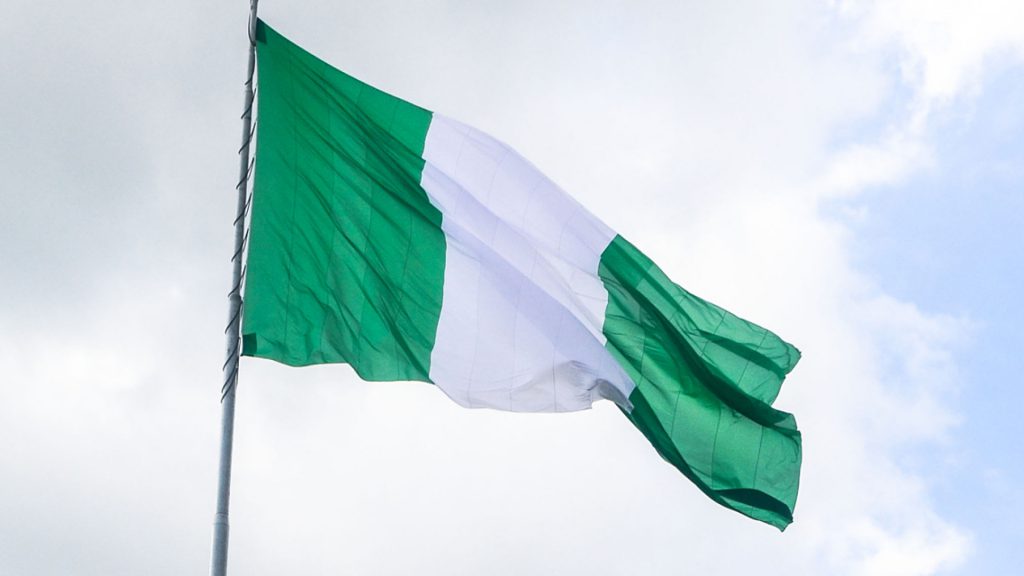In what is a massive development for the BRICS bloc, Nigeria has announced a plan to ditch the US dollar in oil trades. Indeed, the country has said that it will begin selling crude oil in local currencies. The move aligns with the economic alliance, as they have sought to lessen international reliance on the greenback.
Nigeria’s Director of Information and Public Relations at the Finance Ministry, Mohammed Manga, made the announcement Sunday. Specifically, Manga assured that the Federal Executive Council (FEC) has already started settling crude oil sales in the country’s naira. The decision could have notable implications with the 2024 BRICS Summit taking place this month.
Also Read: BRICS: India Makes Major Announcement On U.S. Dollar Usage
Nigeria Ditches the Dollar, Opts to Sell Oil in Local Currencies
Since 2022, the BRICS bloc has firmly embraced de-dollarization. Indeed, the economic alliance has sought to increase the prominence of its own native currencies on a global scale. Those efforts have caught on in recent years, with sanctions playing a significant role in the deteriorating trust in the currency.
Now, those efforts have inspired change internationally. Amid BRICS opposition, Nigeria has announced its intention to ditch the US dollar in oil trade. Specifically, the country will settle trade dealings in its local Naira and other alternative currencies. The nation stated the decision was a strategic initiative that should enhance the stability and growth of the Nigerian economy.


Also Read: BRICS US Banks Face $500B in Losses as De-Dollarization Grows
Mohammed Manga assures the move is yet another step in the country’s efforts to navigate an evolving global economy. Moreover, he said the decision was rooted in its potential for future success. The move should have a notable effect on the dollar. The country’s currency has 3.1% of the entire world’s oil reserves, with 37 billion barrels.
Nigeria has not been shy about its desire to join the BRICS bloc. In 2023, they announced their intention to join the economic collective in two years. Indeed, the expansion interest is a key part of its new foreign policy. Its recent decision to ditch the dollar could be a clear signal of its alignment with the global south, as opposed to the West.





